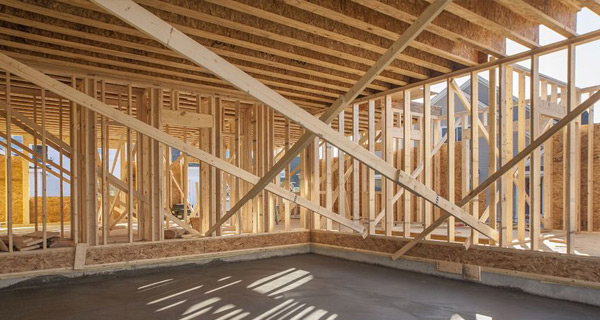November 23, 2016
 A reader asks, “I’m attempting to buy a mixed use residential/commercial property through an FHA 203(k) loan, and the building meets the size requirements. The commercial section is drywalled and spackled with plywood flooring. The residential section is in compliance, but the FHA appraiser listed a bunch of things needed in the commercial section, like a washroom, finished flooring, and baseboard.”
A reader asks, “I’m attempting to buy a mixed use residential/commercial property through an FHA 203(k) loan, and the building meets the size requirements. The commercial section is drywalled and spackled with plywood flooring. The residential section is in compliance, but the FHA appraiser listed a bunch of things needed in the commercial section, like a washroom, finished flooring, and baseboard.”
“Where did they come up with this list? Is this a requirement for getting the loan? Ill have to make the seller do these things before the sale since I cant do any 203k work on the commercial section, so how do I know what is expected in the commercial section? The HUD doc says nothing on this.”
FHA 203(k) loans are also known as “fixer-upper” loans, but even these properties bought and sold to FHA borrowers must meet or be brought into compliance with certain standards as per HUD 4000.1: “If the Mortgage is to be insured under the 203(k) program, the Mortgagee must confirm that the Property will comply with…eligibility criteria upon completion of repairs and improvements.”
That said, it’s important to remember that FHA requirements are not the only ones that may apply in any home loan transaction. State law, local ordinances, health codes, and especially building code would also play an important role in the FHA appraisal.
So even when a property technically meets all FHA minimum requirements, if state or local ordinances dictate additional standards, those standards would also have to be met in order for the property to be eligible for an FHA mortgage.
FHA loan rules don’t list guidelines for every single condition that might be present in a property-instead HUD 4000.1 relies on local ordinances for many issues including health standards. A borrower’s issues may not be with FHA rules at all, but rather with state/local requirements.
In such cases borrowers should speak to the lender, an appraiser, or other party with experience with local building code issues to see what may or may not have been traditionally required in similar circumstances. Borrowers can also check with the local code authority to see what may be required.

